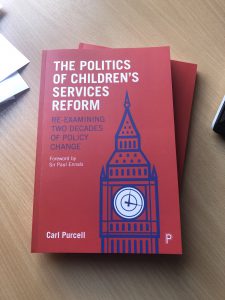 Dr Carl Purcell is a Research Fellow based in the NIHR Policy Research Unit in Health and Social Care Workforce, part of the Policy Institute at King’s College London. He is also part of the team working on the SASCI project led by Dr Juliette Malley based at the Care Policy Evaluation Centre at the LSE. This is the second of two blogs on Shared Lives. (1,315 words)
Dr Carl Purcell is a Research Fellow based in the NIHR Policy Research Unit in Health and Social Care Workforce, part of the Policy Institute at King’s College London. He is also part of the team working on the SASCI project led by Dr Juliette Malley based at the Care Policy Evaluation Centre at the LSE. This is the second of two blogs on Shared Lives. (1,315 words)
In a previous blog we considered the successful spread of Shared Lives (SLs) schemes as an alternative model of care that seeks to replicate ‘ordinary’ family life for adults with care needs. This model has long enticed national and local policymakers’ attention and SLs schemes are now established in most English local authority (LA) areas. However, it remains a very small model accounting for just 1 per cent of those drawing on local authority funded adult social care and less than 0.5 per cent of the workforce. Furthermore, SLs continues to be used predominantly for the care and support of people with learning disabilities (LD) despite efforts to promote its wider use for a more diverse range of people. This prompted us to investigate the challenges faced by local schemes trying to ‘scale-up’. Continue reading
